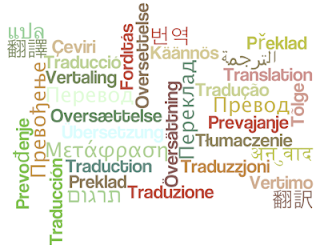

Between 509 and 27 BCE, Rome had what we call its Republican period, during which ruling officials were elected to office, served limited terms, and had their powers controlled by a system of checks and balances. 1 Whatever the exact chronology of its inception, Rome was, between its very beginning and the year 509 BCE, ruled by kings. The regal period, according to ancient Roman historians, is said to have begun in 753 BCE, although archaeological evidence suggests Rome wasn’t an urban center until the 600s or 500s BCE.

Roman history is usually divided up into four periods – the regal period, during which Rome was ruled by kings, the Republican period, during which Rome was ruled by bodies of elected officials, the Principate, during which Rome was ruled by emperors, but still retained features of its previous electoral system, and the Dominate, during which powerful authoritarian emperors controlled Rome. Julius Caesar (100-44 BCE), perhaps the most famous of all Romans, was at the center of Rome's transition between republic and principate. Our podcast has many different kinds of listeners, from relative newcomers to ancient history to experts on the subject, and so I want to take a second to get us all on the same page by giving you the history of Rome in a single paragraph. Over the next twenty or so shows, I expect to produce an equal quantity of content on Roman literature. In our podcast thus far, we’ve spent about 39 hours on Ancient Greek literature, from Hesiod to Apollonius of Rhodes. This is our first program on Roman literature. This show is a high level overview of the birth, development, and early evolutions of Roman literature, from the mid-300s BCE up to about 100 BCE. Well, I’m back from time off, and this is Literature and History, Episode 42: The Beginnings of Roman Literature. That, by the way was my version of the Garage Band loop that Mike Duncan used in his podcast, “The History of Rome.” Hello, and welcome to Literature and History.


 0 kommentar(er)
0 kommentar(er)
